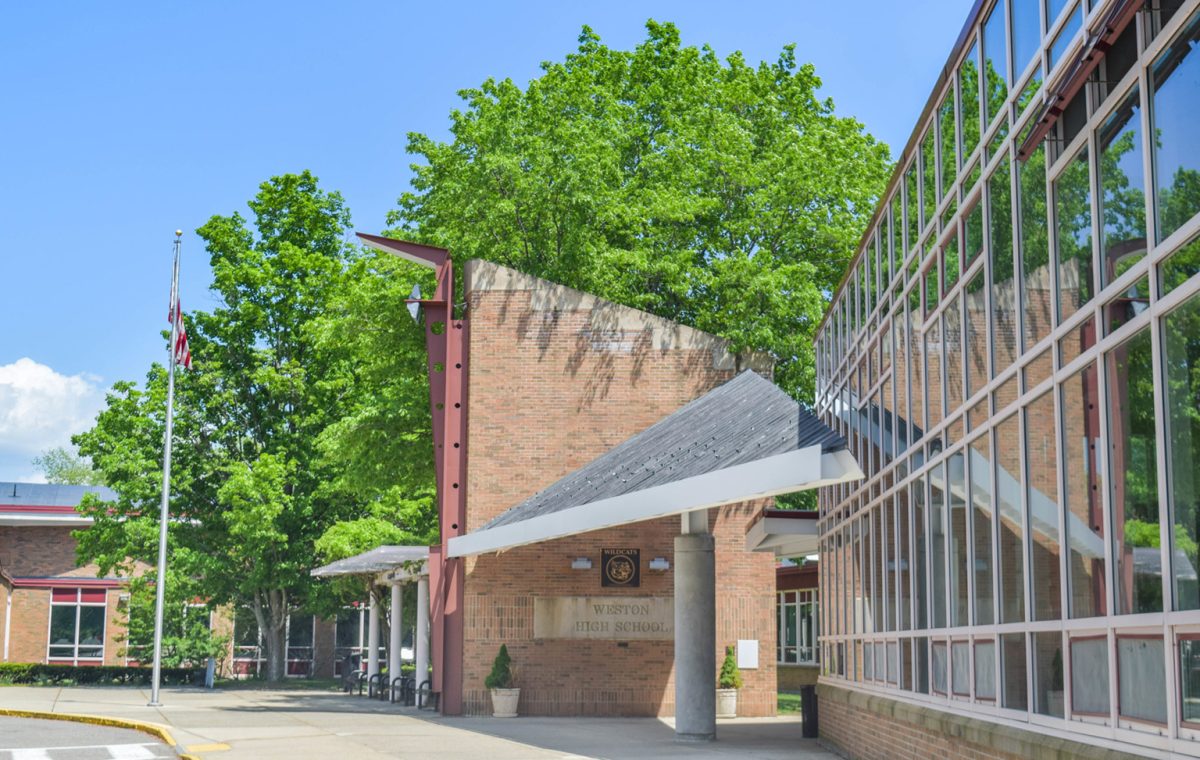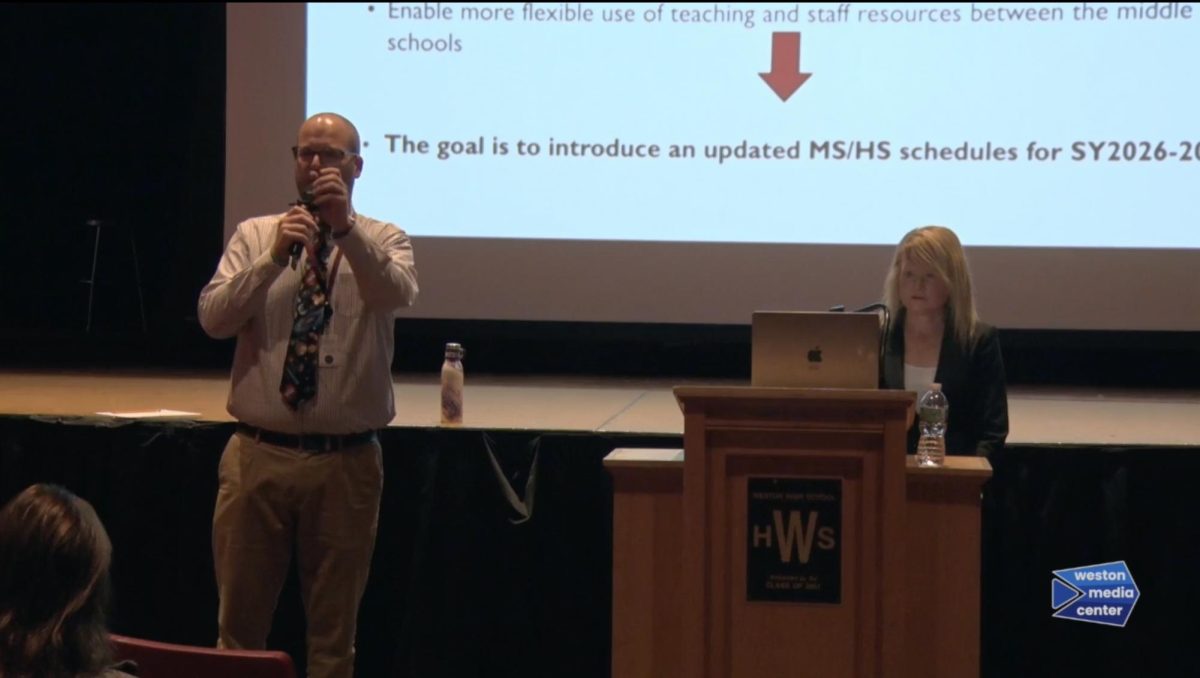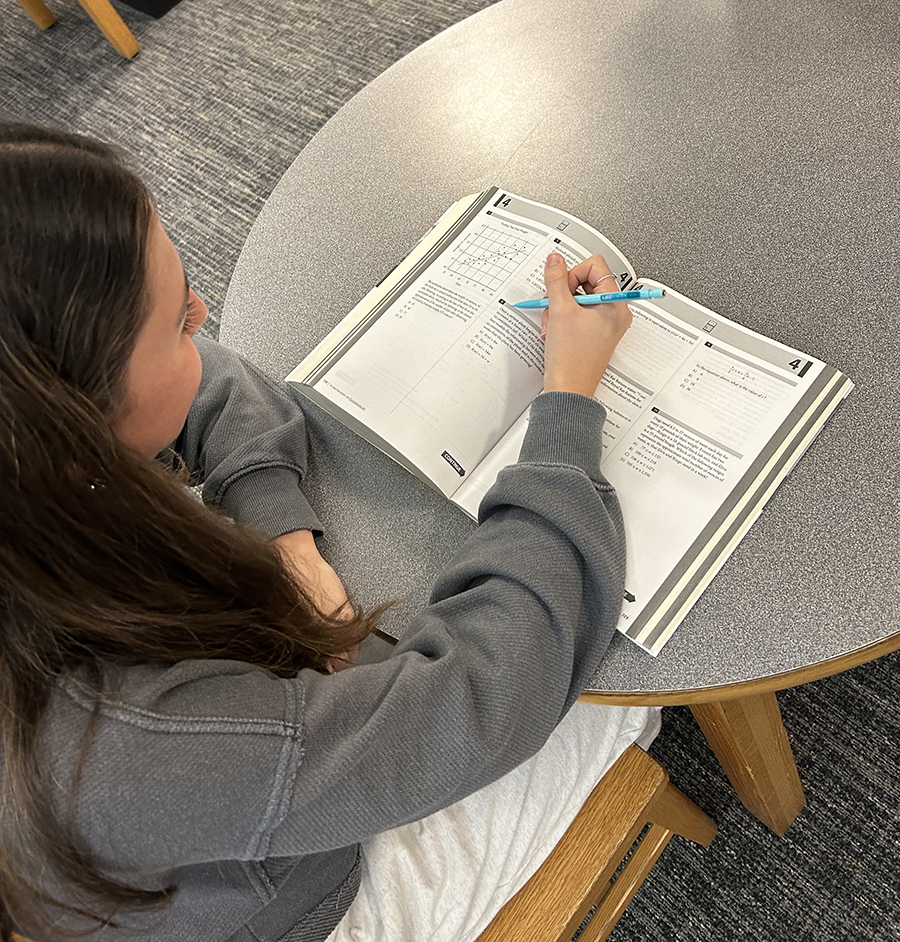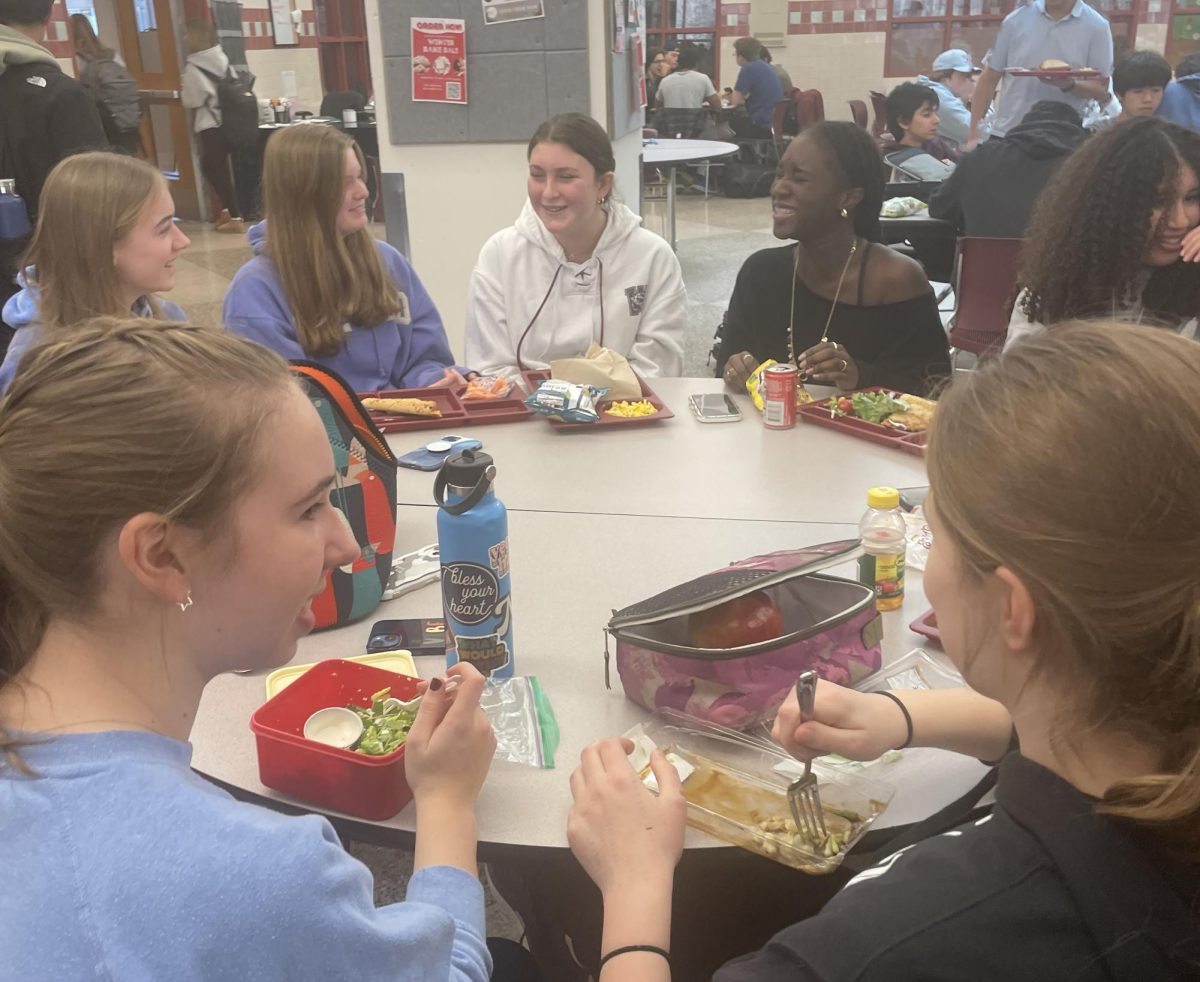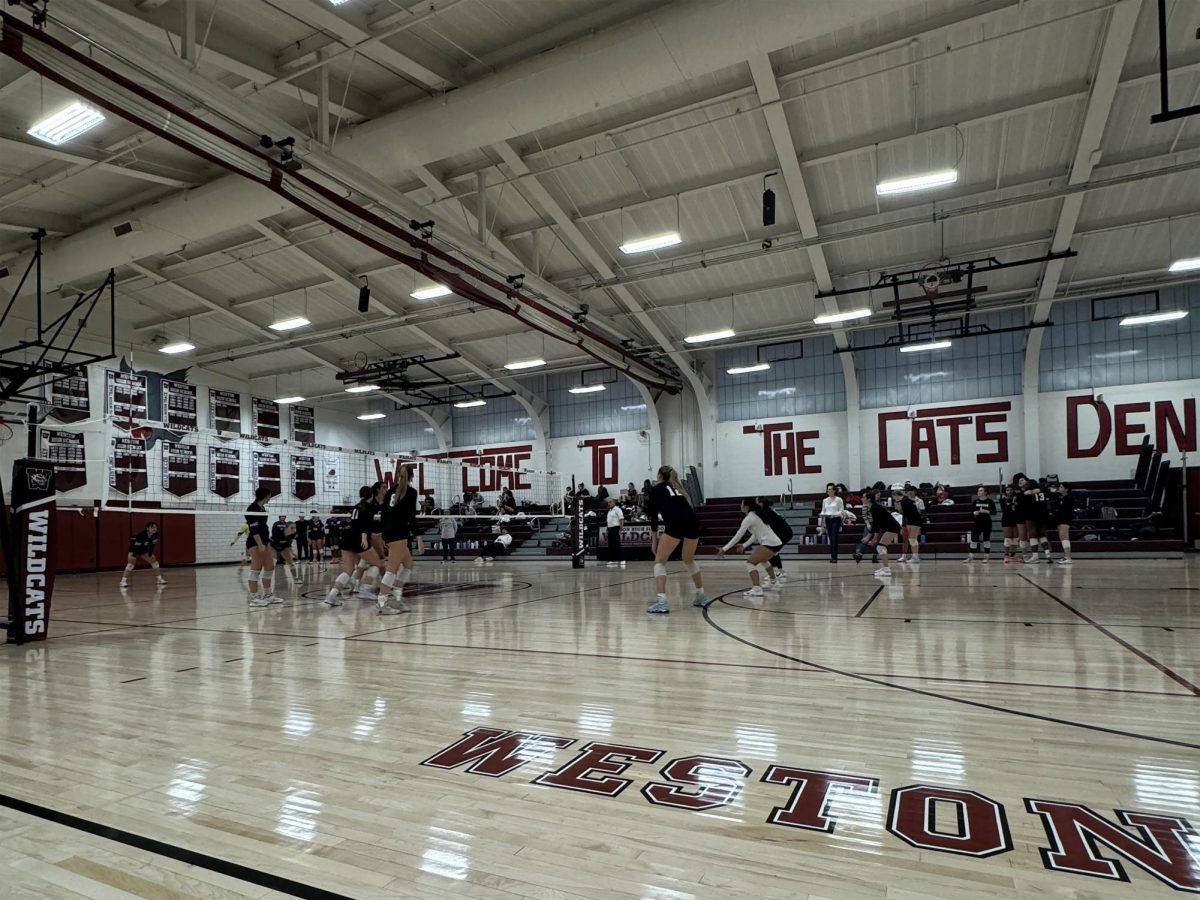After securing the top position in Boston Magazine’s annual “Top Public High Schools in Greater Boston” issue for the prior two years, WHS has now moved down to second place in the 2024 rankings. This shift has generated a mix of reactions from students, faculty, and the wider community.
“When I first heard that Weston had dropped from first to second, it was a big shock because this school has incredibly high standards and policies,” said sophomore Nael Nawana.
Some speculate that if this decline in rankings continues it could affect the town in significant ways.
“I would say that I am aware of Weston’s standing in rankings since it’s one of the main reasons why my family moved to Weston,” said sophomore Gaby Duran Garcia. “I think the shift has the possibility to impact the entire town of Weston since the education system is the main reason why people live here.”
Others believe that this drop does not diminish WHS’ core strengths or its status within the community.
“Regardless of how Weston ranks, I think these rankings are fundamentally flawed,” said math department head James McLaughlin. “They use data that is easy to collect over data that is meaningful, and how they weigh that data has huge implications on the ranking. Instead, we should make decisions based on what is best for the kids we have in school.”
WHS’s metrics and reputation have frequently placed the school in the number one spot in the rankings, which are calculated based on data related to enrollment, average class size, student to teacher ratio, standardized test scores, and more. Reviewing Dover-Sherborn’s stats, there were many criteria in which WHS was actually first, but D-S’s overall results across MCAS tests and AP exams helped them move ahead this year.
“Massachusetts is known for its great education system, so being second against countless great schools is still a huge deal,” said senior Erin Flanigon.
Despite the slight drop, most believe that the school’s qualities are still unique, and while the rankings may shift, WHS’ success remains firmly in place.
“Something that stands out to me about our school is the size of our student body,” said Nawana. “Our town is one of the smaller schools in comparison to others, so therefore it gives me hope to know that as a small school we are one of the best ranked.”
Even students who may not typically think too much about such rankings have opinions on the data used and the reason for a minor change in position one year to the next.
“I think that these rankings are very subjective and can be easily shifted by a variety of factors,” sophomore Jay Zhu said. “Maybe one AP class just did worse by chance, but really, many coincidences or small changes could have caused this, [so] I don’t think this change should be a significant cause of alarm for Weston.”
While the drop in ranking is viewed by some as a decline that should be watched to ensure it doesn’t continue, Weston’s dedication to maintaining the school’s educational impact is evident. As the school moves forward, it will continue to improve while still maintaining its reputation as one of Greater Boston’s leading public schools.
“Rankings are mostly based on statistics, so the people making the list don’t get to see the ins and outs of our school community that make it so great,” said Flanigon.

